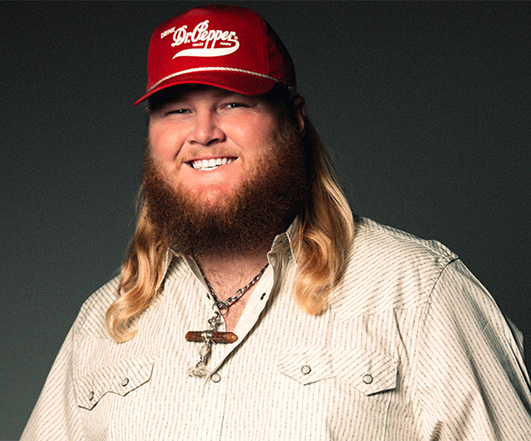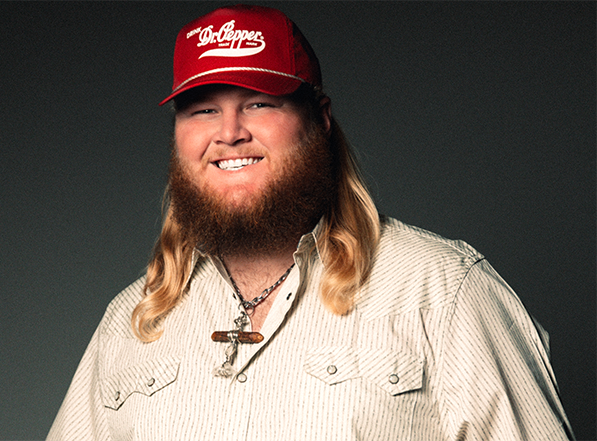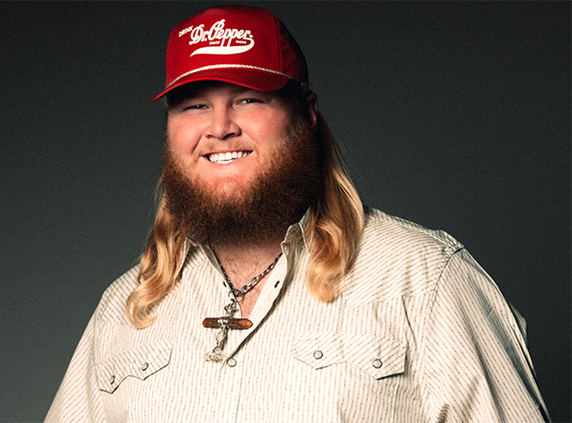Q: When he throws a tantrum, which happens several times a day, my 20-month-old often gets down on the floor and starts banging his head. Worried that he may hurt himself, I pick him up and comfort him. I know that reinforces head-banging, but I don’t know what else to do.
Making matters worse, a school counselor friend of mine tells me that head-banging is something lots of autistic kids do. I’m at a loss.
A: First, your friend needs to stick to doing what she was trained to do. When someone attempts to operate beyond the limits imposed by their training, they generally make a mess of things. For example, a very good school counselor who tries to be a psychologist or medical doctor is likely to spread misinformation and create confusion. In that regard, I am not aware of any list of autism symptoms that includes head banging. Autism is primarily defined by problems with communication and social interaction. While it’s probably true that some autistic kids bang their heads when they are upset, so do many non-autistic kids.
Likewise, tantrums are one symptom of childhood bipolar disorder, but almost all toddlers throw tantrums and very few later found to be bipolar. Some kids with very low IQs, when they throw tantrums, bang their heads, but some toddlers with normal IQs also engage in head-banging when they’re upset. In other words, one symptom does not make a diagnosis. In and of itself, head-banging is not a symptom of pathology.
Yes, you are reinforcing your son’s head-banging by picking him up and comforting him, but doing so is certainly understandable. The fact, however, is that an otherwise normal toddler head-banger rarely causes himself more than bruising to the forehead, something a little makeup will conceal. During early childhood, the skull is fairly plastic, which is why most toddlers survive this oft-tumultuous developmental phase and grow up to be fully functional non-head-banging adults.
Ignoring your son when he bangs his head is one option, but ignoring a problem behavior can and often does activate the Things Get Worse Before They Get Better Principle. Can you handle it if his head-banging gets temporarily worse? If the answer to that question is no, then you are a completely normal mother. In that case, go to a discount store and buy a colorful throw rug. One printed with Looney Tunes characters would be highly appropriate. Place it on top of an already carpeted area and tell your son that it’s his new, very special head-banging place.
From that point on, whenever he begins to bang his head during a childhood bipolar episode, pick him up, take him to his new and very special head-banging rug, put him gently down and say, “You can bang your head here.” Then walk away. Do this as often as necessary which may be fairly often for a few days. If you’re calm and consistent, and if my experience serves me well, his head banging will soon be a thing of the past. Next comes foot-stomping, which is far less worrisome.
Family psychologist John Rosemond: johnrosemond.com and parentguru.com.








